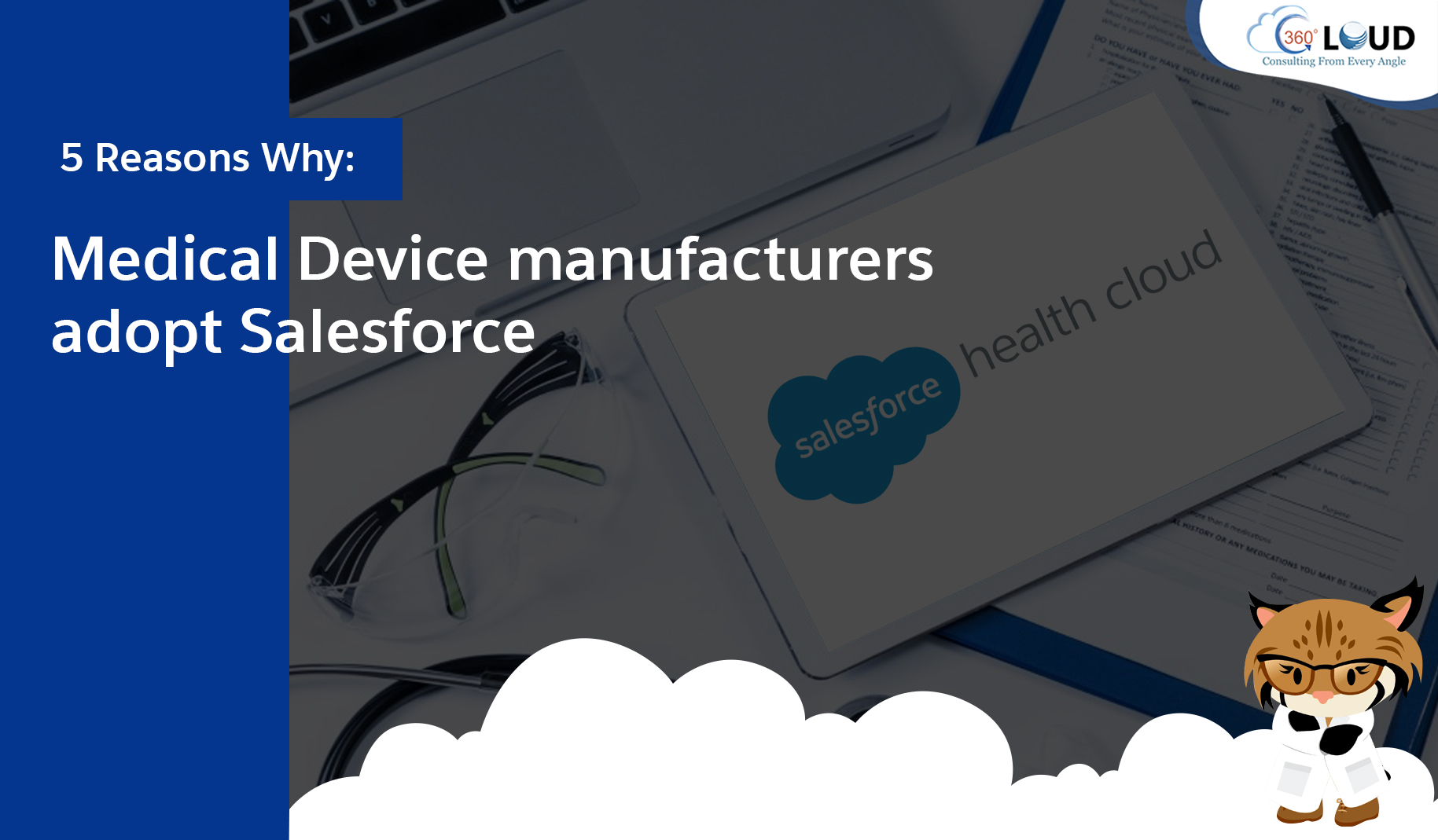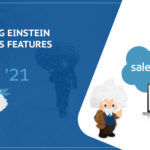Medical devices are unique products in the sense that manufacturing them involves a challenging development life cycle. The end products must be completely tested and approved before they can be brought out for sale. In contrast, the demand for medical devices has increased to more than the current manufacturing output put together can keep up with, making the industry highly competitive. The ongoing competition among medical device manufacturers has brought into collective attention the need for medical device marketing for OEMs to stand apart from a growing number of peers.
Medical Device Marketing is picking up the pace
The medical device market is increasing tremendously, with new rivals pipping others frequently. Even Apple, putting its hat into the ring at 2020’s WWDC unveiled a blood-oxygen sensor and visualizations of health metrics for the Apple Watch. Reports by EvaluateMedTech state that the market for clinical and health technology is expected to reach $522 billion by 2022. This is where the companies have realized the need for medical device marketing to remain in the game, ensuring that their brand remains top-of-mind.
However, with many competing priorities, companies with their hands in this business have a host of other considerations to worry about, such as regulations and compliance, monetization, services, life-cycle management, and support. This makes them look toward Salesforce, which is such a big draw for them, as well as an instant match with all its mature cloud products for the considerations just enumerated.
Reasons Why Medical Device Manufacturers adopt Salesforce
Typically, medical device manufacturers have location and asset data stored over different silos within the organization. These silos range from contacts of the clients and suppliers to various order-related documents. These disparate systems, like any other, increase the workload for executives with redundant busywork. As history shows us, adopting Salesforce greatly simplifies this.
Here’re a few roles you could expect compliant Salesforce Clouds like the Health Cloud to fill immediately for emerging medical devices & their OEMs.
#1 Bare Essentials: Routing & Disposition of Leads
Medical device companies are now looking to consolidate lead data tied up in different places and centralize with data management offered by Salesforce. So when a form submission is a sales inquiry for an upcoming, routing a request to a salesperson via Salesforce allows salespeople to manage all of their leads in one place alongside their conversion status.
#2 Sales-Quoting & Approvals for Medical Devices
The format of a medical device company’s sales quotes can range from a simple one-pager to a multi-page document with paragraphs of descriptive text. The quote may include images and are usually rules-based as different companies approach quoting differently. Salesforce’s extensive customizability and configurability for custom quotes according to the identified quoting requirements.
#3 Enabling Customer Support
The customers of a medical device company can have a variety of requirements ranging from training to logistics to resolving device issues through remote diagnostics. For OEMs, it’s important to address all these different requests for post-sales support to deliver excellent customer service. Synchronizing and Managing them all at once can get complicated quickly. Salesforce can help address not only these customer support issues but also reduce time to closure. Salesforce offers an additional layer of support with Einstein Bots to automate routine interactive tasks or field frequently asked questions quickly.
#4 Pivoting on Customer Feedback
After closing on a support case, it’s always advisable to get feedback to gauge satisfaction. Feedback also captures insight into their processes and identifies areas of value-addition. Salesforce surveys sent immediately after a support case is closed are a great way to record customer sentiment. Metrics from these surveys could be later fed into performance reviews.
#5 Extending CRM Capabilities to competently cover nascent use-cases
Salesforce, being the fully-customizable platform that it is, lets you extend it for addressing the needs specific to your medical device company. By analyzing and prioritizing the business requirements of your company, you can determine the level of required capability extensions. As devices engulf more features and IoT capabilities, and as successful OEMs expand into more core businesses, Salesforce can scale with them every step of the way.
Do It Right With Salesforce!
As a medical device manufacturer, you need a robust CRM implementation that won’t bottleneck you on your trajectory to expansion. A tailored Salesforce instance could give you capabilities to run your marketing campaigns smoothly while working on necessary innovation and enhancements continually.


